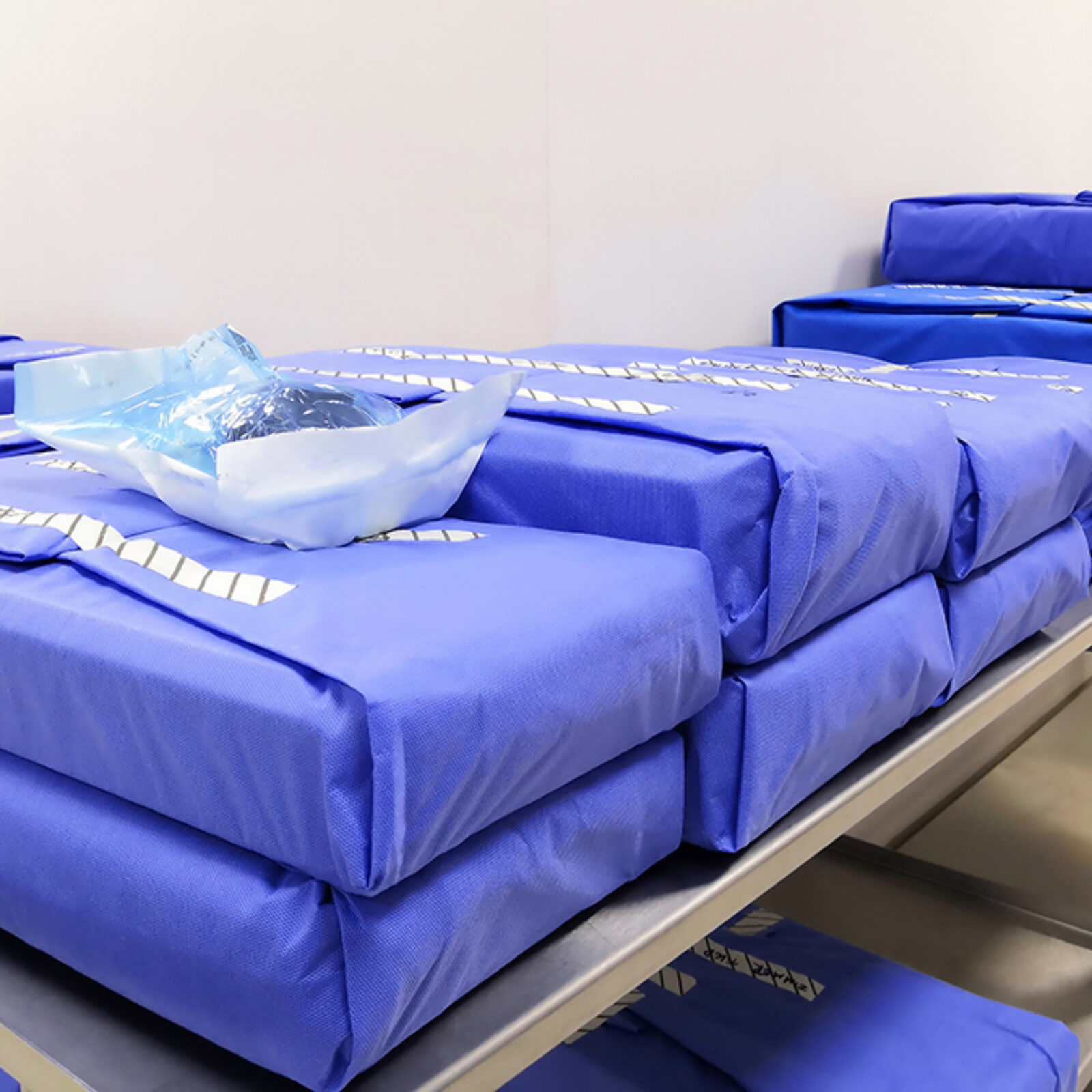
In the fast-paced world of healthcare, efficiency and quality are non-negotiable. For decision-makers in hospitals and clinics—whether you’re in procurement, sales, purchasing, or leading a clinical team—the choice between custom procedure packs and traditional supply can feel like navigating a maze of options. Both methods have their merits, and understanding which aligns best with your practice’s unique needs is crucial.
In this post, we’ll break down the advantages and considerations of each approach, helping you make an informed decision while showcasing how Pennine Healthcare can support your operations.
Custom procedure packs are pre-assembled kits tailored to specific surgical or procedural needs. Designed by working closely with medical device manufacturers, these packs include all the essential components required for a particular procedure—from surgical instruments to consumables.
Pennine Healthcare’s custom procedure packs, for instance, are curated to meet the exact requirements of your theatre or ward, reducing variability and enhancing consistency.
Traditional supply refers to ordering individual consumables and surgical instruments separately. Hospitals or clinics typically stockpile these items in bulk and retrieve them as needed. This approach is common for general wards and theatres where versatility and adaptability are prioritised.
Pennine Healthcare offers a wide range of individual ward and theatre consumables, manufactured on-site at our HQ in the heart of Derby or sourced from trusted medical device manufacturers ensuring reliability and quality.
Choosing between custom procedure packs and traditional supply isn’t about one being better than the other; it’s about aligning with your facility’s priorities.
Custom procedure packs are an ideal choice in scenarios involving high surgical volumes, a need for standardisation and streamlined workflows, limited storage space, and a desire to reduce preparation and cleanup times.
Opting for traditional supply methods is ideal when facilities have low procedure volumes or diverse procedural needs, as this approach allows for greater flexibility and customisation. It is also well-suited for organisations equipped with ample storage space and robust inventory management systems, enabling them to efficiently handle and organise the necessary supplies.
For many hospitals and clinics, the best solution isn’t an either-or choice. Instead, a hybrid model can maximise the benefits of both methods. Custom procedure packs can be deployed for high-volume or routine procedures, while traditional supply can cover niche or less frequent needs.
Whether you lean toward custom procedure packs or traditional supply, having a reliable partner is vital. Pennine Healthcare’s expertise in producing high-quality medical device packs ensures that your practice receives solutions tailored to its unique requirements. Our comprehensive product range means you can seamlessly switch between both approaches without compromising on quality or service.
At Pennine Healthcare, we’re here to help you navigate this decision with confidence. Whether it’s our tailored custom procedure packs or our extensive range of individual ward and theatre consumables, you can trust us to deliver the solutions you need—when and where you need them.